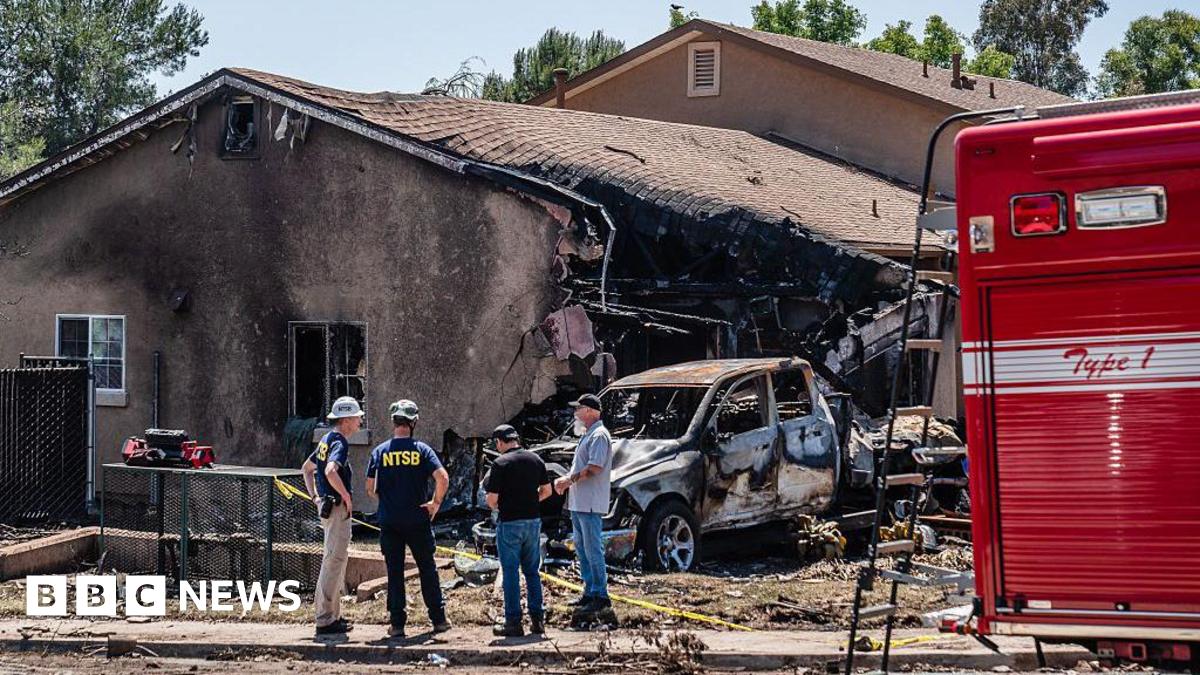Mexico's Wildlife in Crisis: Cartel Violence Forces Animals to Flee

Mexico's escalating cartel violence isn't just impacting human lives; it's triggering a devastating crisis for the country's wildlife. From majestic tigers and powerful jaguars to gentle elephants, animals are increasingly forced to flee their natural habitats, seeking refuge from the escalating conflict. This unprecedented situation highlights the far-reaching consequences of organized crime and poses a significant threat to Mexico's biodiversity.
The Associated Press has documented the harrowing reality, showcasing lions being carefully transported to safety in specialized cages. The images are a stark reminder of the disruption and displacement caused by the ongoing violence. Conservationists are working tirelessly to rescue and relocate these animals, but the scale of the problem is immense.
Why is Cartel Violence Affecting Wildlife?
The connection between cartel activity and wildlife endangerment is complex but deeply concerning. Here's a breakdown:
- Habitat Destruction: Cartel operations often involve deforestation and the clearing of land for illicit activities, directly destroying animal habitats.
- Poaching & Trafficking: Wildlife is increasingly targeted for illegal trade, both domestically and internationally. Cartels are known to exploit vulnerable species for profit.
- Direct Conflict: Animals sometimes become caught in the crossfire of cartel battles, leading to injuries and death.
- Displacement: The general climate of fear and instability forces animals to abandon their territories, leading to increased competition for resources and vulnerability to predators.
The Rescue Efforts: A Race Against Time
The rescue and relocation efforts are incredibly challenging. Experts must carefully assess each animal's health and behavior before transport. The process requires specialized equipment, trained personnel, and secure sanctuaries to house the animals once they arrive. Funding is a constant concern, and the sheer number of animals needing assistance is overwhelming.
“We’re seeing a dramatic increase in animals needing our help,” says Dr. Elena Ramirez, a leading wildlife veterinarian involved in the rescue operations. “The cartels’ activities are pushing these incredible creatures to the brink. We need immediate international support to address this crisis.”
The Bigger Picture: Conservation and Security
The plight of Mexico's wildlife serves as a powerful reminder of the interconnectedness of environmental conservation and security. Addressing the root causes of cartel violence is crucial not only for human safety but also for protecting the nation's natural heritage. Strengthening law enforcement, combating corruption, and promoting sustainable development are essential steps.
Looking Ahead: A Call to Action
The situation remains dire, but hope remains. Increased awareness, international collaboration, and a commitment to tackling the underlying issues can help safeguard Mexico's wildlife and ensure a future where these magnificent animals can thrive. The world must pay attention to this crisis and act now to prevent further devastation.






